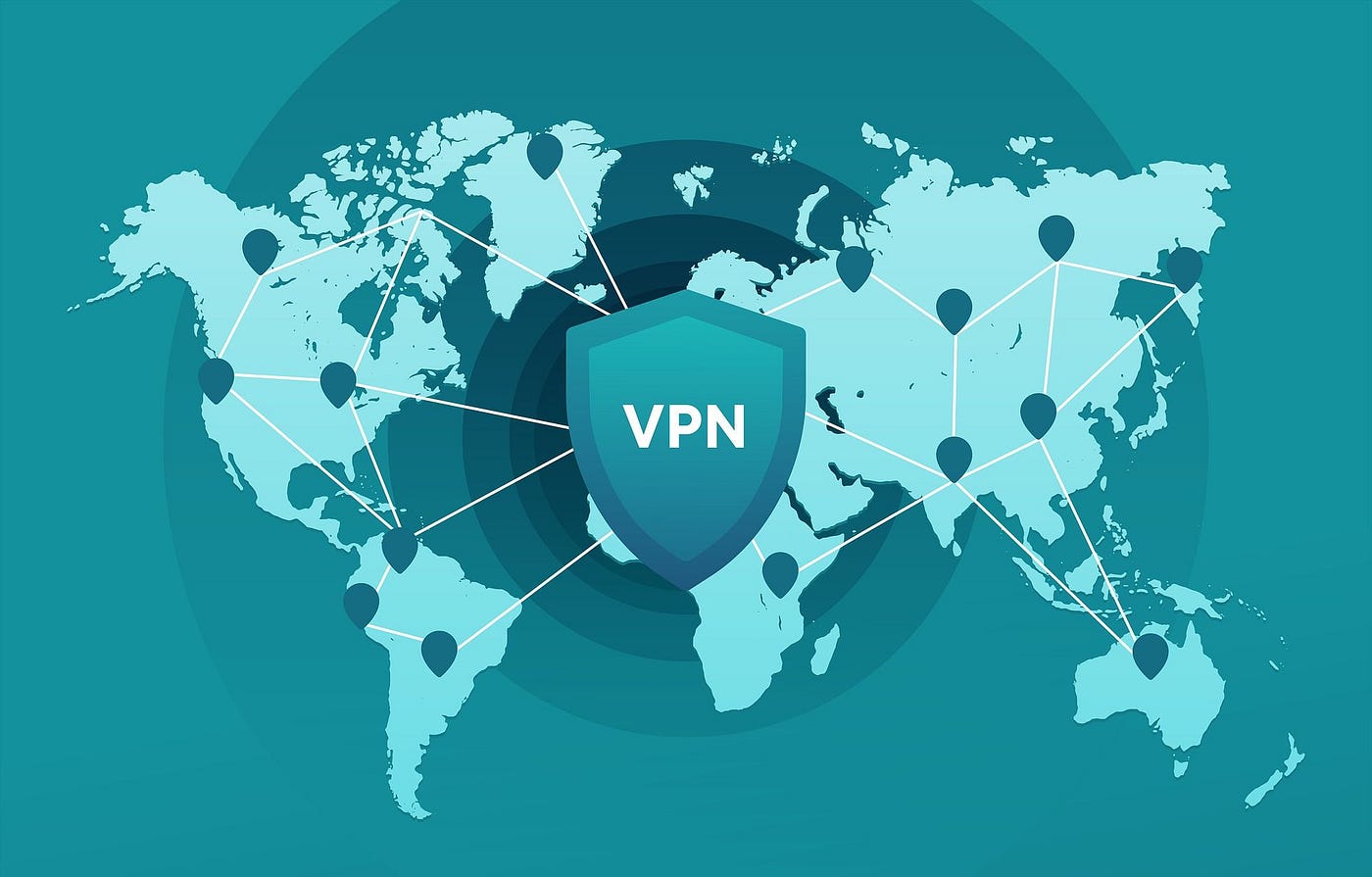Organisations and businesses are increasingly looking for ways to enable a secure remote working environment and ensure secure remote access.
As working from home and remote location continues to be a common and popular practice amongst enterprises worldwide, the increasing cybersecurity risks, vulnerabilities, and remote working requirements call for secure access and network security measures.
Virtual Private Network (VPN) and Remote Desktop Protocol (RDP) are two of the most popular remote access solutions organisations use. While RDP allows users to connect to their company desktops over the internet, VPNs allow them to access the network’s applications and resources remotely outside the company firewall.
However, both RDP and VPN are outdated security solutions and common targets from cyber criminals, making them inefficient and less secure for today’s modern enterprises.
In this article, we’ll discuss RDP vs VPN, why you shouldn’t use them for network access and security, and the best RDP and VPN alternatives for your company.
Understanding RDP and its Disadvantages
Remote Desktop Protocol allows users to access a server, computer, or any other device over the internet. An RDP client first initiates the connection between a host computer and the user’s device, enabling the remote user to control the device without hassle as if they were physically controlling it.
It allows network administrators to manage data centres with a simple and direct RDP connection, a common RDP use case. Other use cases include desktop virtualisation.
Thus, RDP provides simple remote access and control with effortless BYOD management and improves remote workforce productivity.
However, RDP comes with several disadvantages, including:
- Sensitive network performance due to network congestion
- Increased network visibility to hackers and cybercriminals due to relying on the public internet
- Weak RDP password policies and configurations control lead to an increase in the chances of brute force attacks.
Understanding VPN and its Disadvantages
Virtual Private Networks are the common remote access solutions that create encrypted portals via a network perimeter, allowing remote employees to access network resources, applications, and email.
It’s affordable for organisations to connect remote working employees with their central computing network and resources. However, despite its simplicity, organisations are looking for an alternative solution for VPN due to its drawbacks.
Here are the major VPN disadvantages you must know for your company:
- VPNs assume excessive implicit trust, allowing every user and device access to the network and making it easier for hackers to exploit the network for malicious purposes.
- They expose the network’s IP addresses to the public internet, increasing its attack surface.
- VPNs impact and significantly hamper the network performance due to traffic backhauling, impeding latency.
- Scaling VPNs is extremely difficult and requires extensive management and operational expenditure, increasing complexity and costs.
- VPNs come with many deployment and configuration challenges, making them inefficient and unreliable for large-scale remote workforce needs.

Thus, when it comes to RDP vs VPN security, both security solutions come with vulnerabilities and fail to meet the modern workforce requirements, making it imperative for companies to look for VPN and RDP alternatives.
Zero Trust Security: An Ideal RDP and VPN Alternative
Zero Trust is an excellent alternative to VPN and RDP that effectively meet modern workforce needs and upgrades your network security posture.
It removes the implicit trust, enforcing strict authentication and authorisation, working on the principle of ‘’Never Trust, Always Verify.’’ This principle help minimise the attack surface and offers the best network security against cyberattacks.
Besides, Zero Trust VPN security also enables seamless scalability and deployment, making it easier to deploy remote access on a larger scale.
In addition, you need not worry about performance and latency risks; instead, achieve a quality user experience for your company.
Conclusion
RDP and VPN no longer prove to be reliable security solutions for remote network access, given the several cybersecurity threats, performance issues, and management and scalability issues they bring.
Check out InstaSafe Zero Trust Security and secure VPN alternative to uplift your company’s network security posture and make your company cloud-ready.
You may also like
-
The Role of Technology and Innovation in China’s Economic Expansion – Kavan Choksi
-
Can Data Science help control food wastage in Mumbai
-
The Collaborative Power of WebLOAD and ChatGPT in the New Explainer Feature
-
NaaS Technology Plans to Acquire Charge Amps for US$66.4M to Collaborate on EV Charging Innovations and Energy Sustainability
-
Building Collaborative Applications with Mendix Team Server

